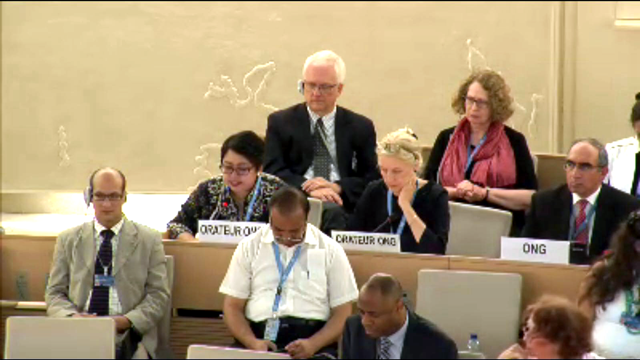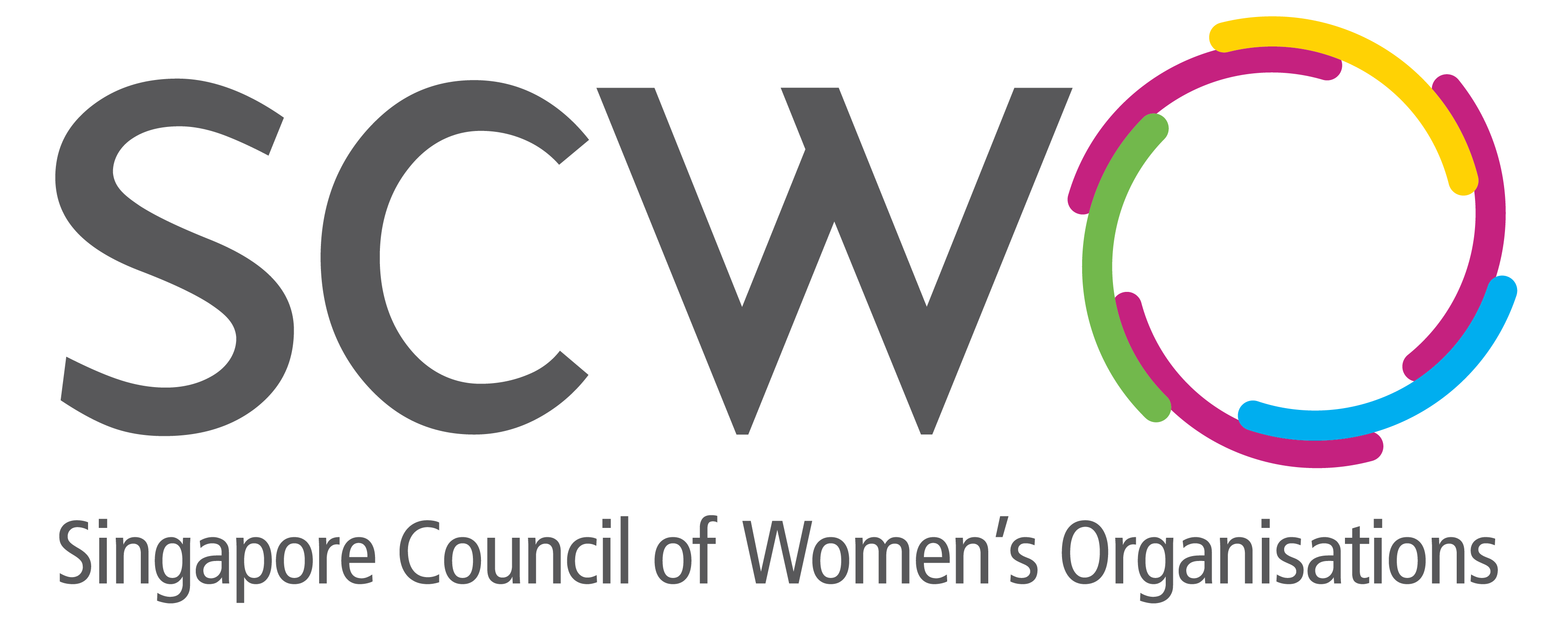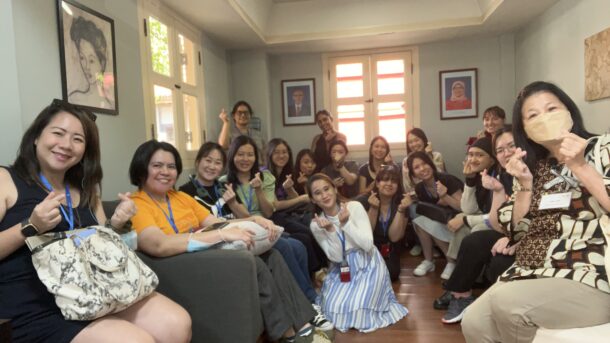SCWO at the 32th Human Rights Council session in Geneva
24 June 2016, Geneva – SCWO’s (then) President, Malathi Das, delivered the following statement championing the need for social protection of ageing women at the 32nd Human Rights Council (HRC) session in Geneva, which considered and adopted the Universal Periodic Review (UPR) report for Singapore. This was Singapore’s second review under the UPR.
Thank you, Mr Vice-President.
I represent the Singapore Council of Women’s Organisations (SCWO), which is the national coordinating council of 60 women’s organisations in Singapore.
We acknowledge the Singapore Government’s engagement, with SCWO and with civil society during the UPR process and its commitment and support of recommendations with respect to an ageing society, rights of women and children, trafficking in persons and labour rights and look forward to a transparent mechanism for monitoring progress in the future.
We wish to highlight the intersectional issues of the rights of women, labour rights and in particular, ageing women in Singapore and their social protection and security.
Social Protection of Ageing Women
Singapore has a significant ageing female population. Older women are more likely to live in poverty in Singapore, stemming from increased life expectancy, higher medical costs, inadequate healthcare and low or no retirement savings.
Older women in Singapore are dependent on their children and grandchildren for financial assistance, women without children are in a more vulnerable position and more likely to turn to public assistance.
There is no state-funded minimum pension scheme, but Singaporeans are dependent on the Central Provident Fund (CPF) for their retirement funding. However, as CPF is primarily funded by both employer and employee contributions, older women, who are more likely to have been homemakers or informal workers, are disadvantaged, having either no or reduced income.
Recommendation
Singapore needs to ensure that all forms of families are well-supported and that families are not expected to bear the responsibility of financial support alone.
We commend the Singapore government’s gender neutral Silver Support Scheme and Pioneer Package and the intended enactment of the Vulnerable Adults Act in 2016, but ask that initiatives be considered for greater empowerment of able but ageing women, to help them be more self-sufficient and self-reliant, and not just look at interventionist policies when they become vulnerable.

A total of 11 NGO representatives spoke and shared their views on Singapore’s human rights record during the session. The session was one hour long and the time was divided among the state under review, other states, human rights institutions and NGO observers, which each NGO given 2 minutes for its oral statement.
For the full SCWO statement, please click here.

